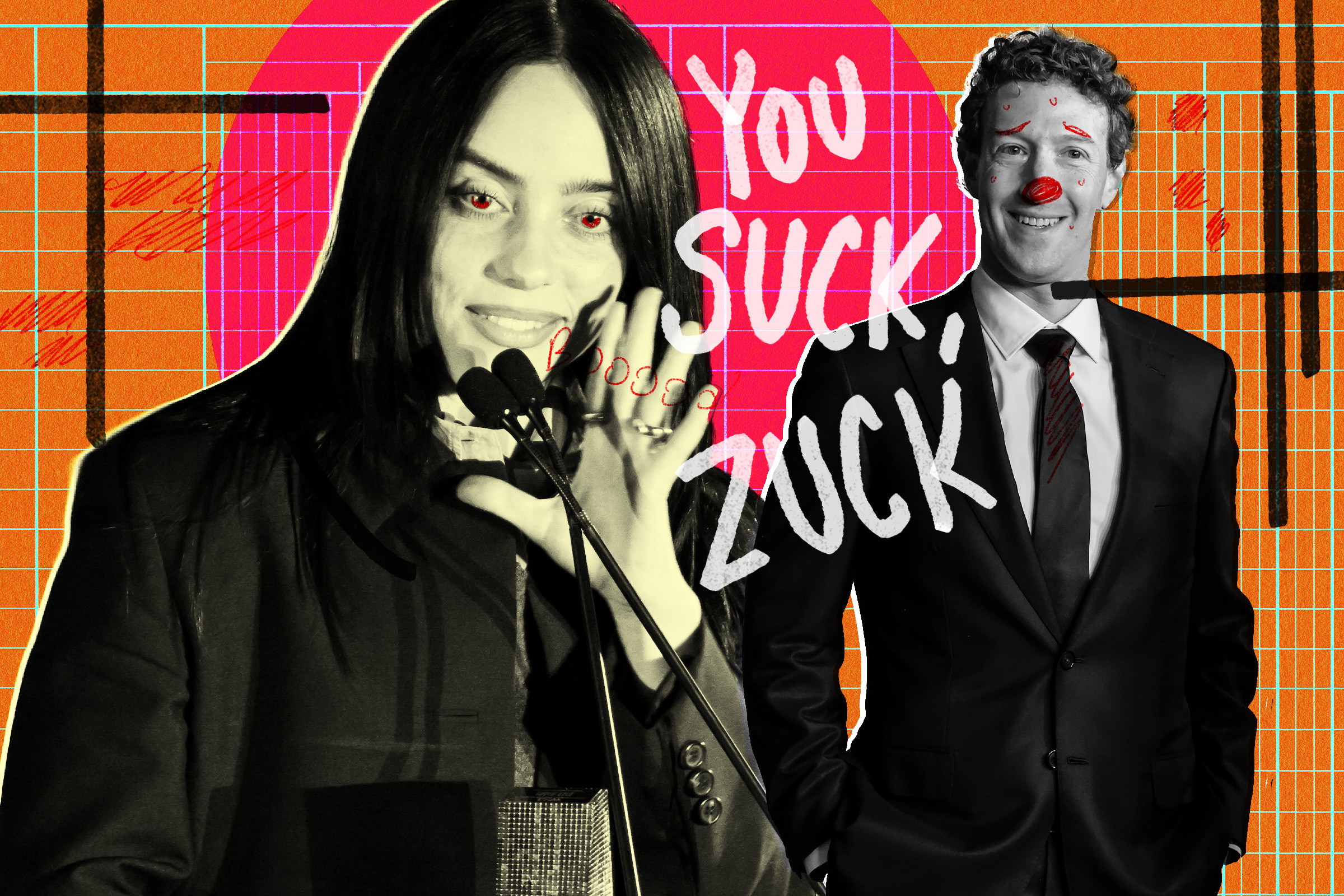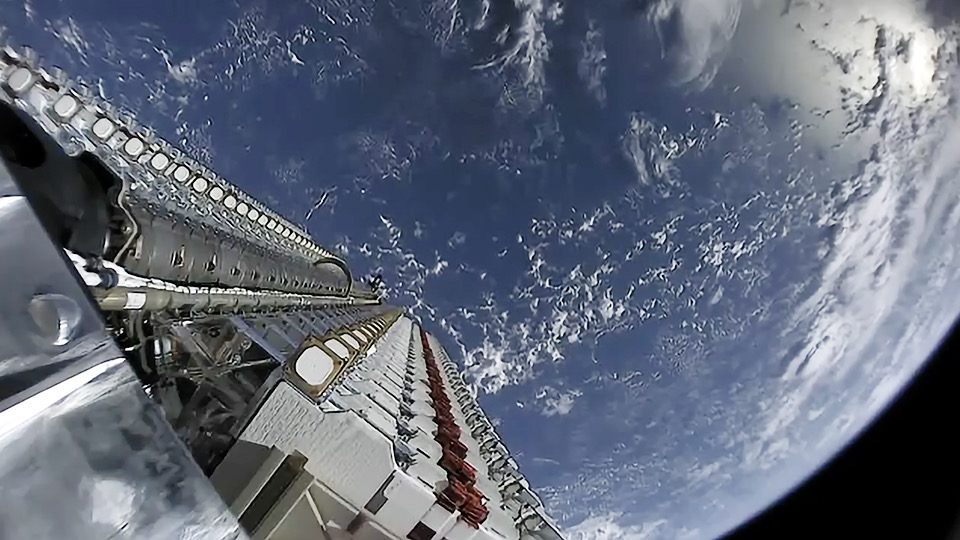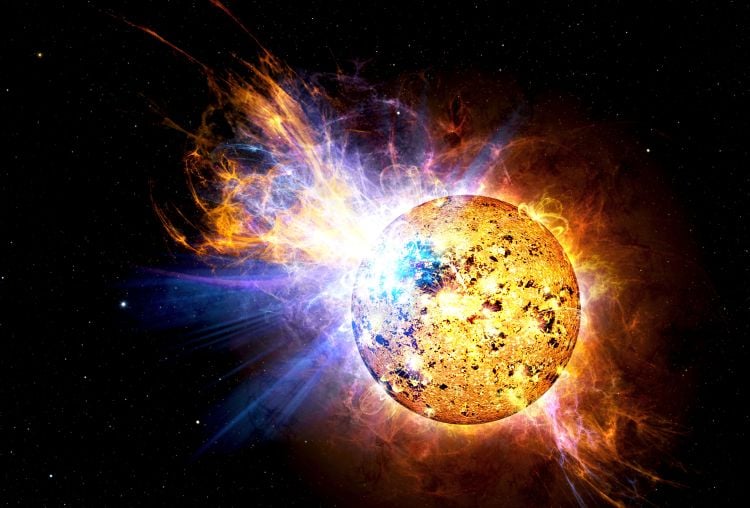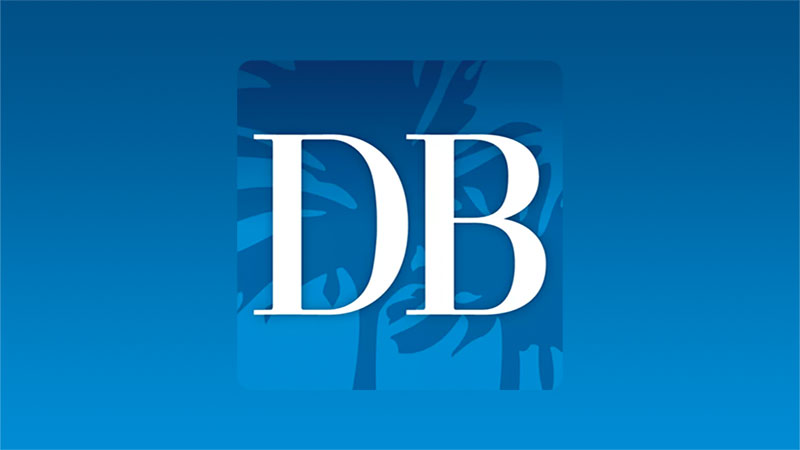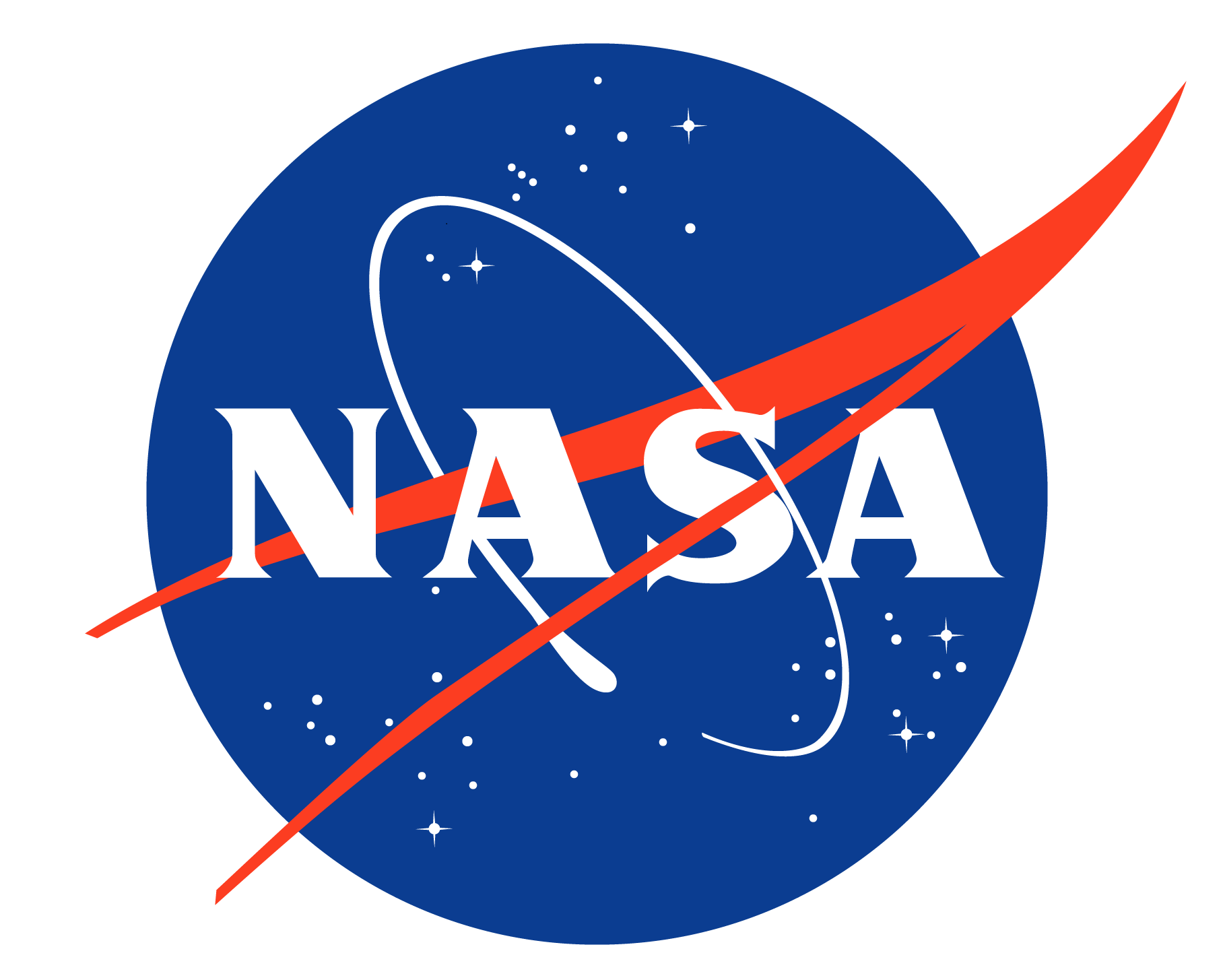Billie Eilish used her platform at the WSJ Magazine Innovator Awards on November 1, 2023, to challenge the wealthy elite, directly addressing issues of wealth disparity during her acceptance speech. The Grammy-winning artist received the Music Innovator Award in New York City, where she emphasized the urgent need for billionaires to leverage their wealth for societal good.
Eilish remarked, “We’re in a time right now where the world is really, really bad and really dark and people need empathy and help more than, kind of, ever, especially in our country.” She continued with a pointed message, urging those with substantial financial resources to consider their responsibility: “If you’re a billionaire, why are you a billionaire? No hate, but yeah, give your money away, shorties.”
Her comments struck a chord, particularly with the presence of billionaire Meta CEO Mark Zuckerberg, who reportedly appeared visibly annoyed by Eilish’s remarks, according to eyewitness accounts. Unlike fellow attendees, Zuckerberg refrained from clapping during her speech, which included notable figures such as Hailey Bieber and George Lucas.
Eilish’s commitment to charitable causes is not merely rhetorical. During the ceremony, Stephen Colbert, who presented her with the award, announced that she would donate proceeds from her Hit Me Hard and Soft Tour to various organizations focused on food equity, climate justice, and reducing carbon pollution. The total amount earmarked for these contributions is an impressive $11.5 million.
In contrast to Eilish’s estimated net worth of $50 million, Zuckerberg stands as the third richest individual globally, with a fortune of $264 billion. For perspective, the budget of the US Department of Education was $268 billion in 2024 before significant cuts were enacted earlier this year.
Although Zuckerberg has made substantial charitable contributions through the Zuckerberg Chan Initiative, which he co-founded with his wife Priscilla Chan, the intent behind Eilish’s comments may have pointed to a broader critique of wealth concentration. The couple pledged to donate 99 percent of their Facebook shares during their lifetimes, but Eilish’s remarks suggest a growing public sentiment that even significant donations cannot fully address the systemic issues linked to extreme wealth.
The event highlighted not just the recognition of artistic innovation but also the pressing dialogue around social responsibility among the affluent. Eilish’s speech resonated as a call to action, encouraging those in power to reflect on their role in addressing societal needs and the inequalities that persist within the current economic landscape.
As the evening unfolded, it became clear that Eilish’s message was more than just an acceptance speech; it was a reminder that in a world facing numerous challenges, empathy and action from those who have the means can create a significant impact.

